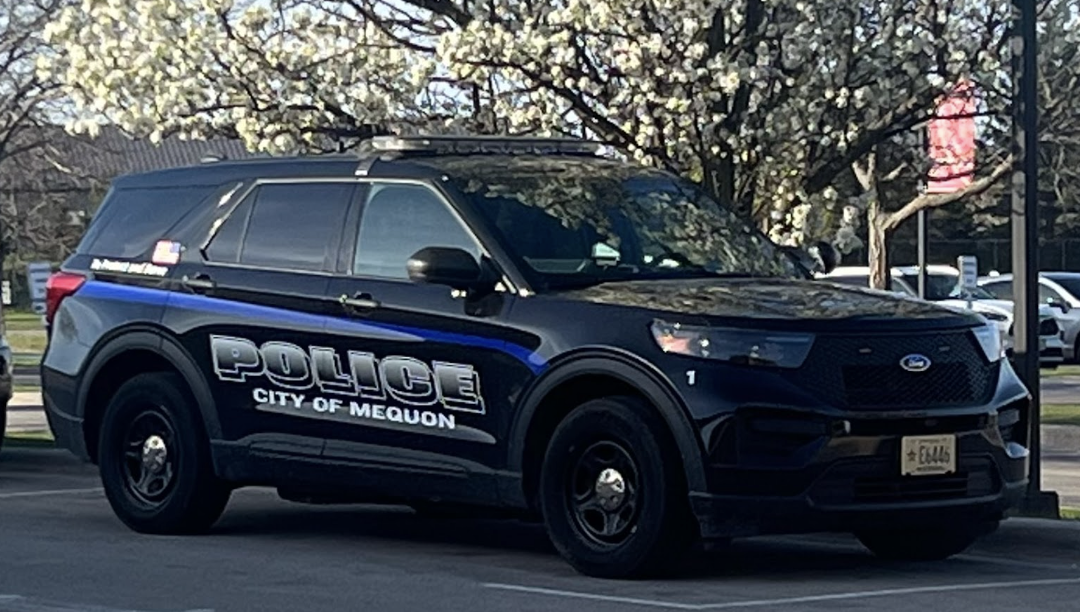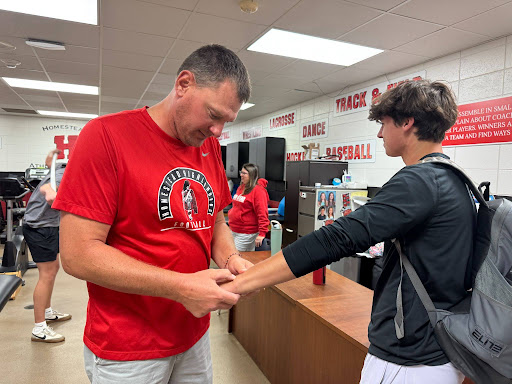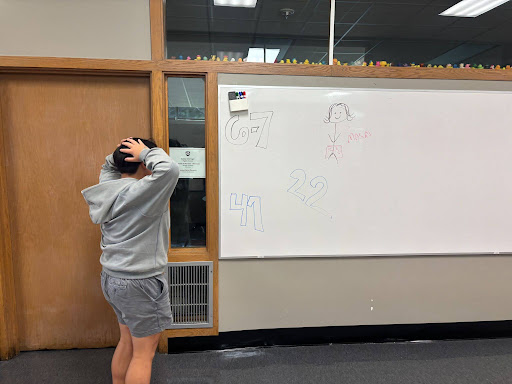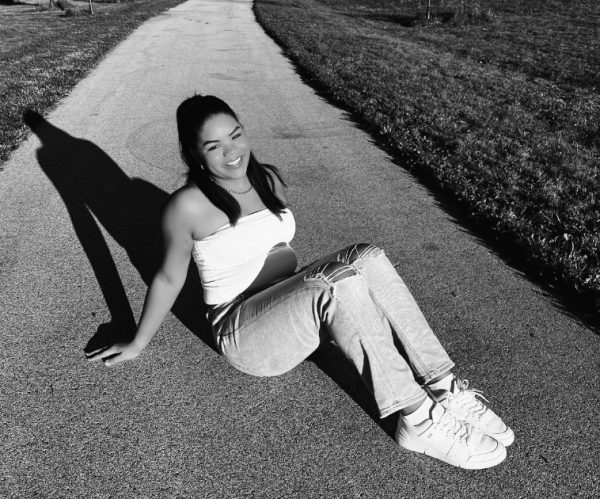You’re driving down Mequon Road when all of a sudden the sound of sirens and flashing red and blue lights catch your attention. You look down to realize you are 10 over the speed limit. Panic sinks in as you signal to stop by the curb. Finally coming to a stop, you go to look for your license and registrations. The cop walks up to the window as he shines his flashlight on you. After having a chat with the cop, he asks you to get out of the vehicle. Now you are face to face with the cop and he demands that you unlock the car for him to proceed to search the car to see what could be inside. With no hesitation, you do what he asks as you think this is normal and that you do not have the right to say no.
If only there were a class for students to know about their rights when it comes to these types of situations. Actually, there is — American Legal System also known as Crime taught by Lance Scholze, social studies teacher.
“In this age (students) will have a lot more experiences and interactions with the police for the next couple years, more so than (they) will probably have for the rest of (their lives), I think that’s why it’s important for young adults to know about the legal system and how it operates,” Scholze explained.
Though a lot of schools provide a similar class to Crime, Scholze likes how the course offers practical, real-world tips for students.
“Myself and my predecessor (Tony) Engle designed this course to personally help 17 to 18-year-olds, and not necessarily just go through the legal system — I don’t think most of these classes are as personalized to (students) age group,” Scholze said.
The course proves to be popular among seniors every year.
“I chose to take crime because a lot of my senior friends took it, I think it’s kind of a right of passage for a lot of seniors to take that class as it’s only a senior elective,” Arra Abendroth, senior, said.
Though Abendroth hasn’t had to apply any of her learning from the class yet, she responded, “Luckily I haven’t had any interactions with law enforcement let’s knock on wood — but I think that if I did need it I could definitely pull it — I have been educated on my rights I know what to say and do to protect myself also to follow the law so if I needed it yes I could use it.”
Grace Tiako, senior, added, “I think this is one of the classes where it has a real-life application because any day you can get pulled over especially when I’m driving like I could get pulled over if I’m going over the speed limit.”
Tiako felt the class offered implications personally for her based on her race. “I wanted to learn about my rights — as a black person in America it is really important to know your rights you — when it comes from certain authority I just learned that honestly silence is better — yeah it’s important to be honest but if you don’t have to say anything don’t say anything.”
Though Tiako and Abendroth had different takeaways on the course they both said they enjoyed the class.








